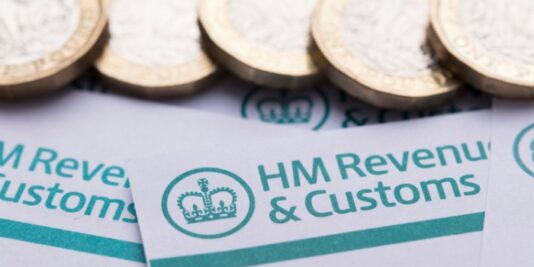The end of multiple dwellings relief for SDLT
When buying two properties or more in a single or linked transaction, it’s currently possible to reduce the overall rate of Stamp Duty Land Tax (SDLT) through multiple dwellings relief.
This is a bulk purchase tax relief that allows the buyer to pay SDLT on the average price of each of the dwellings, so they can benefit from lower SDLT bands.
However, from 1st June 2024, the UK government will abolish multiple dwellings relief for SDLT to avoid disputes over questionable claims, particularly whether ‘granny annexes’ qualify.
This will impact buyers who purchase multiple properties in single or linked transactions from June 2024.





